Close
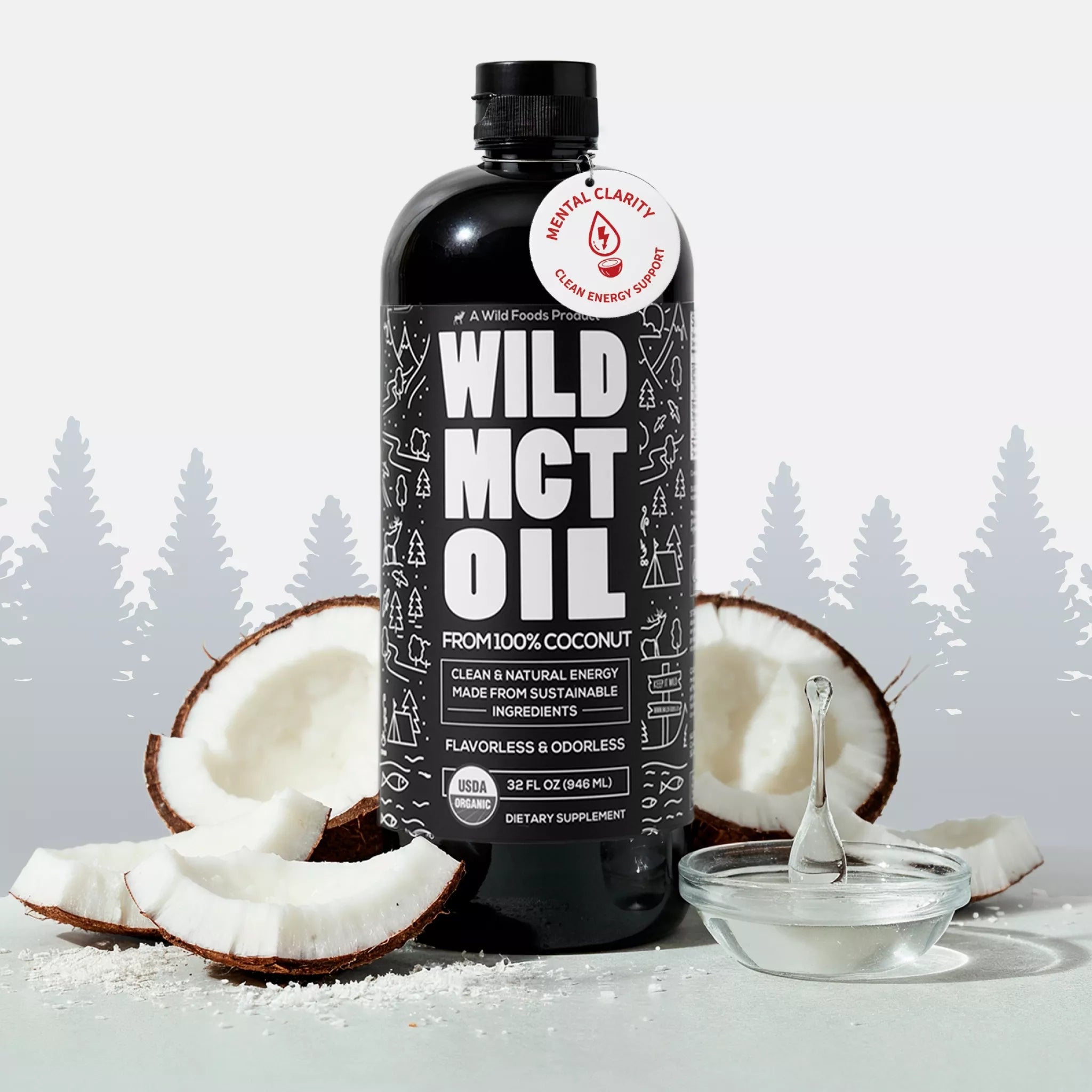
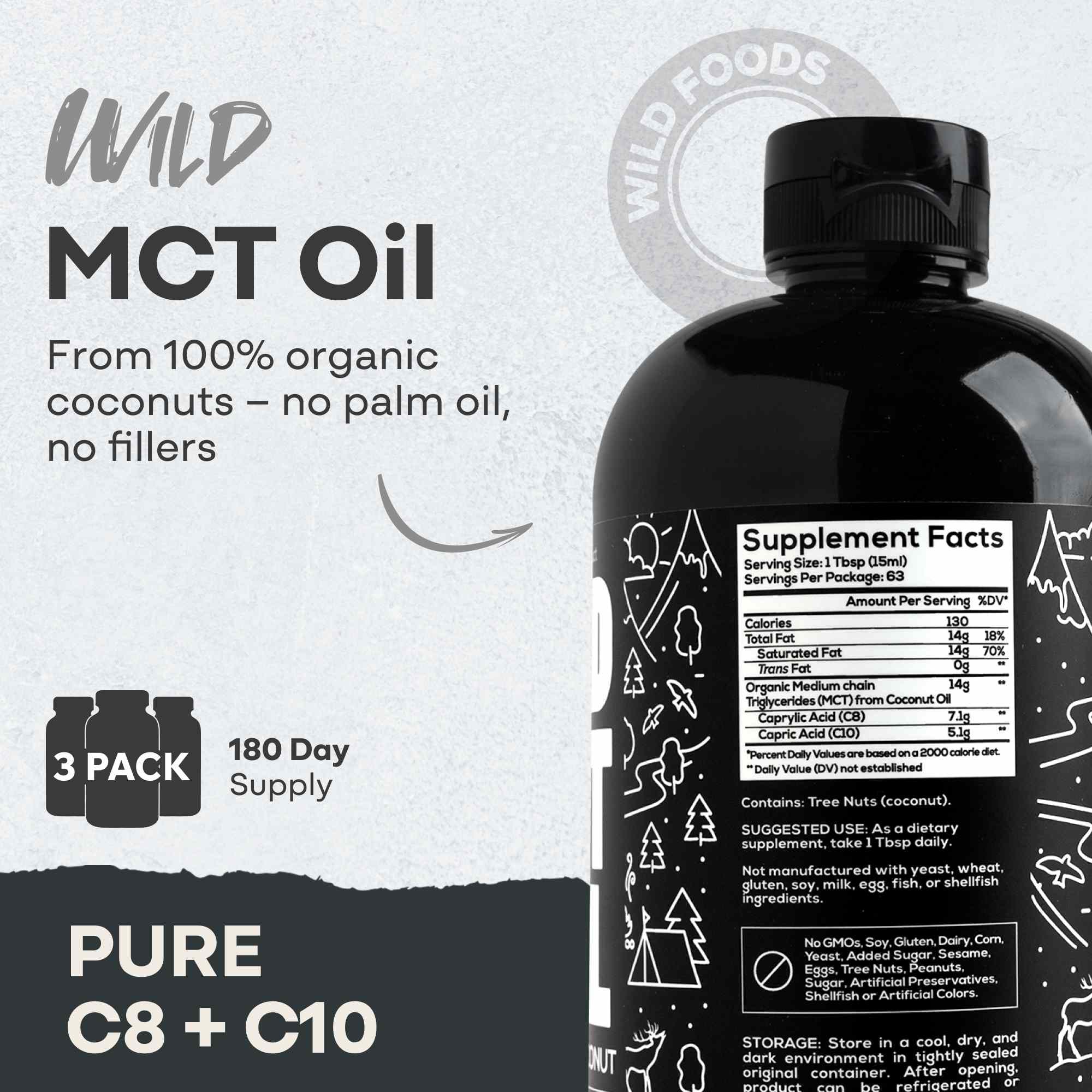
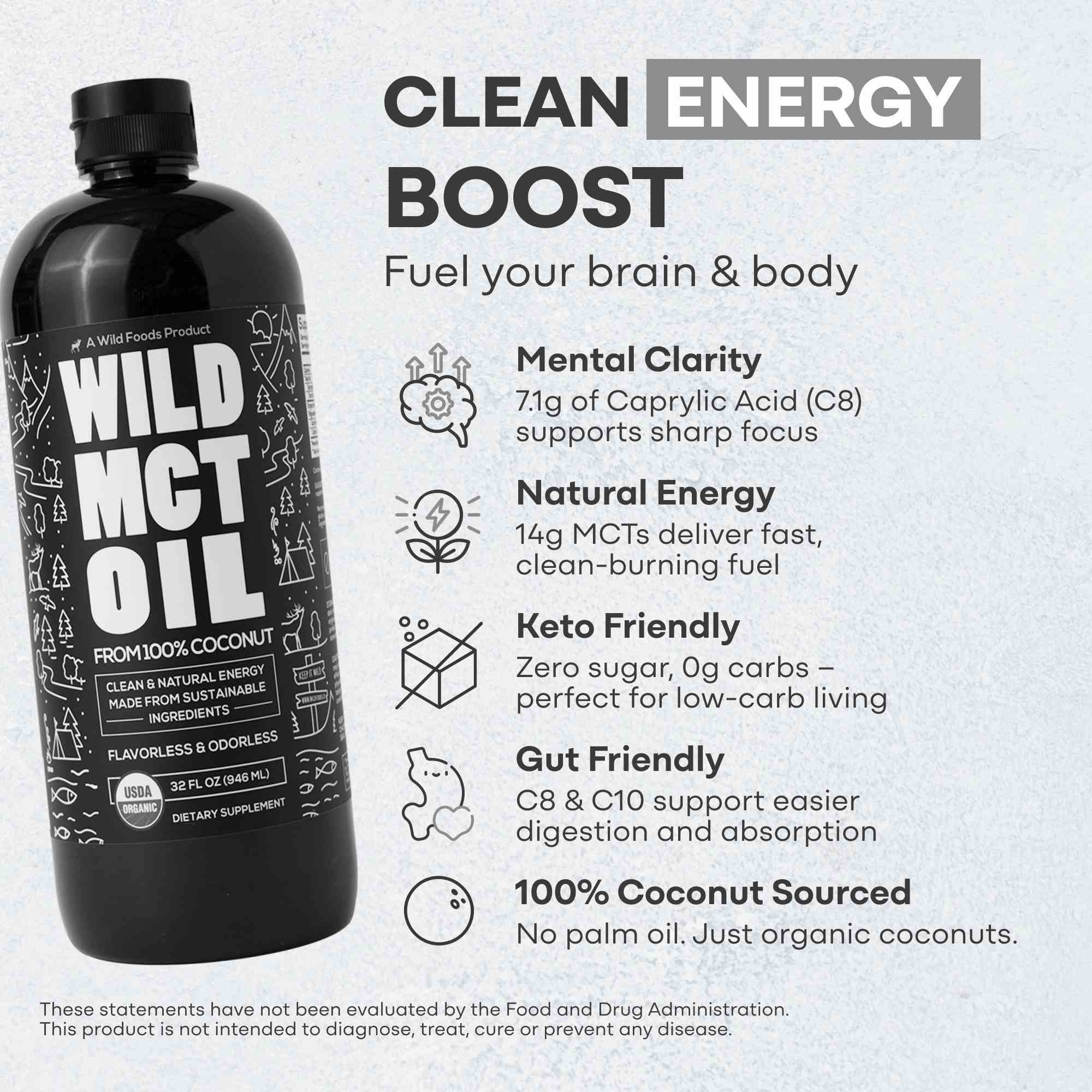
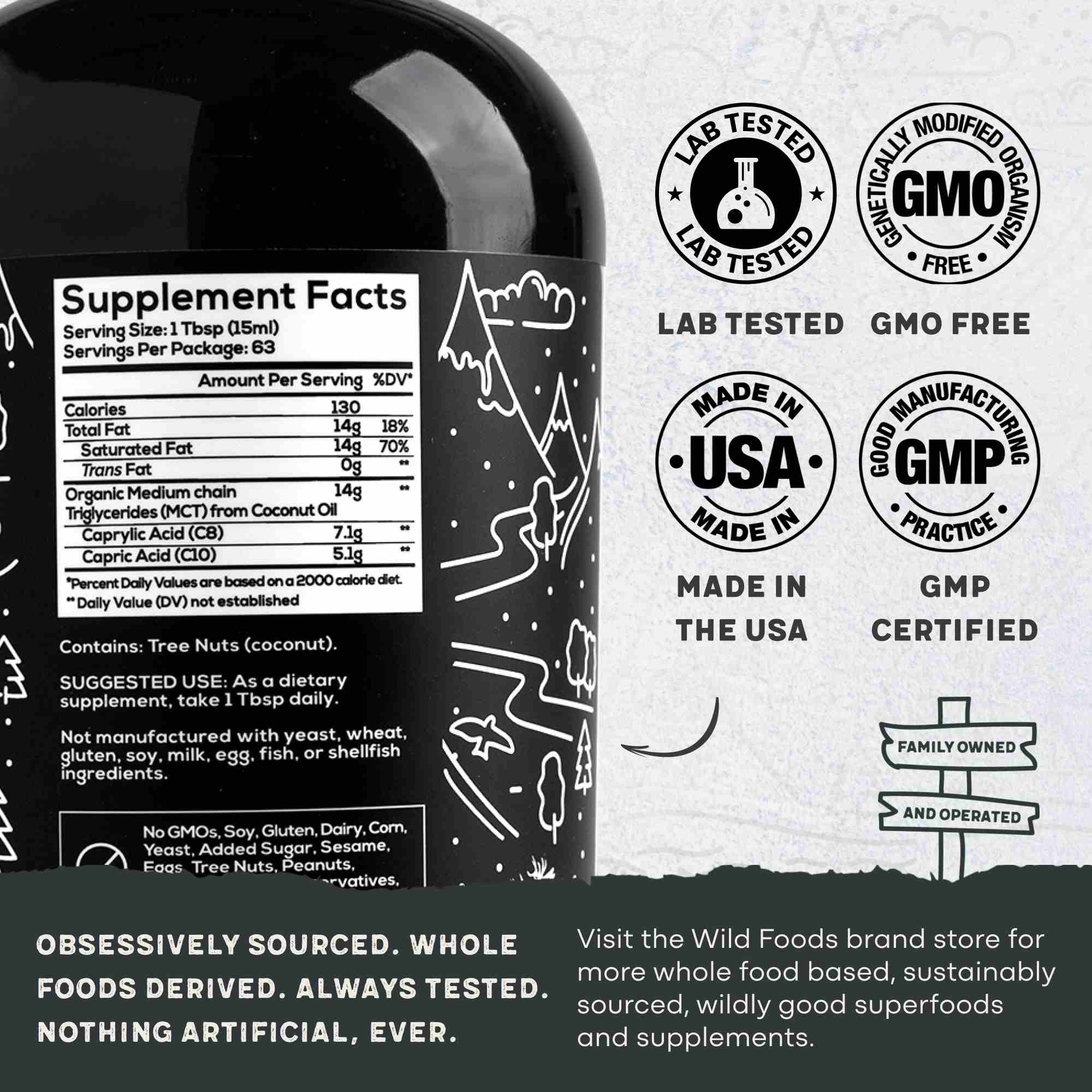
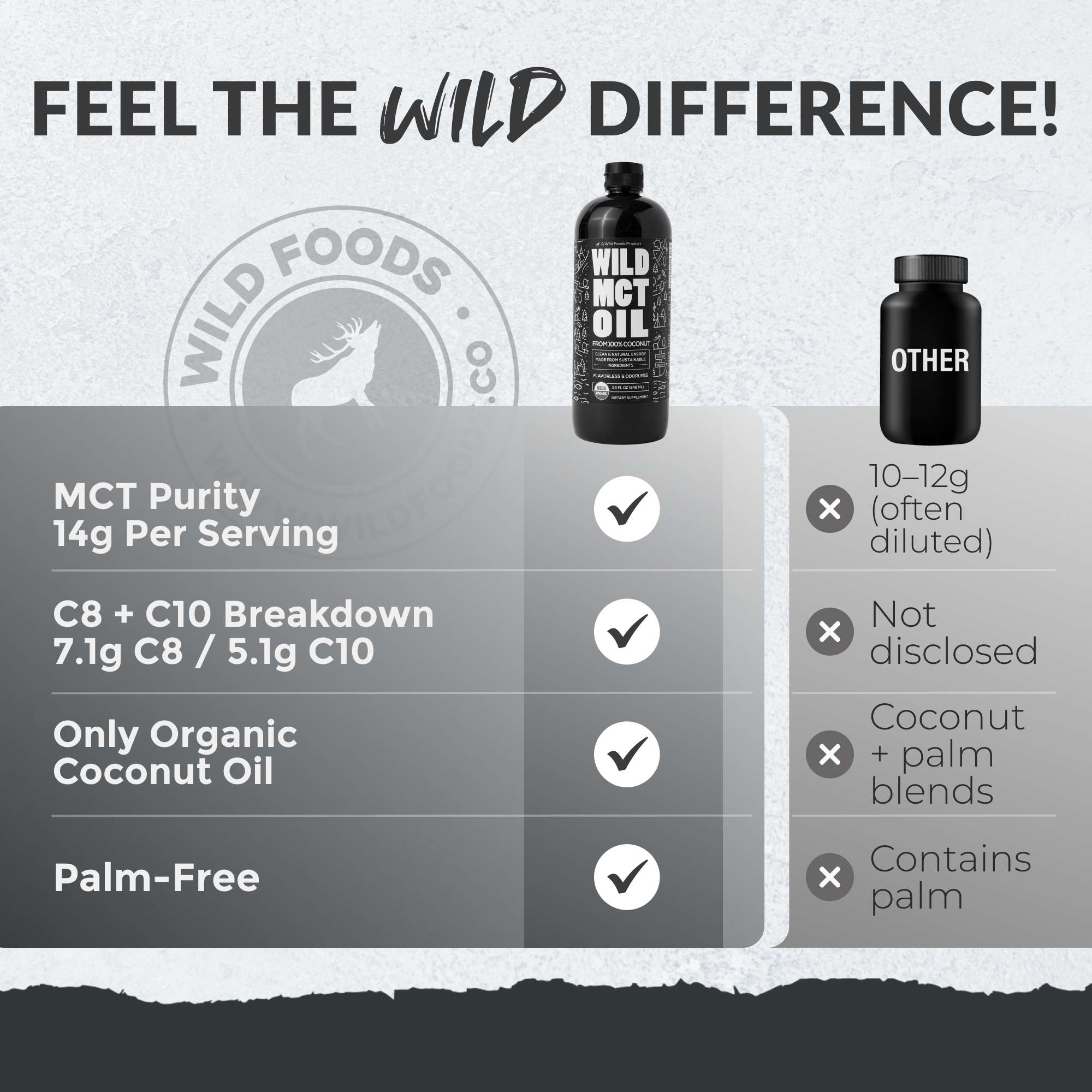

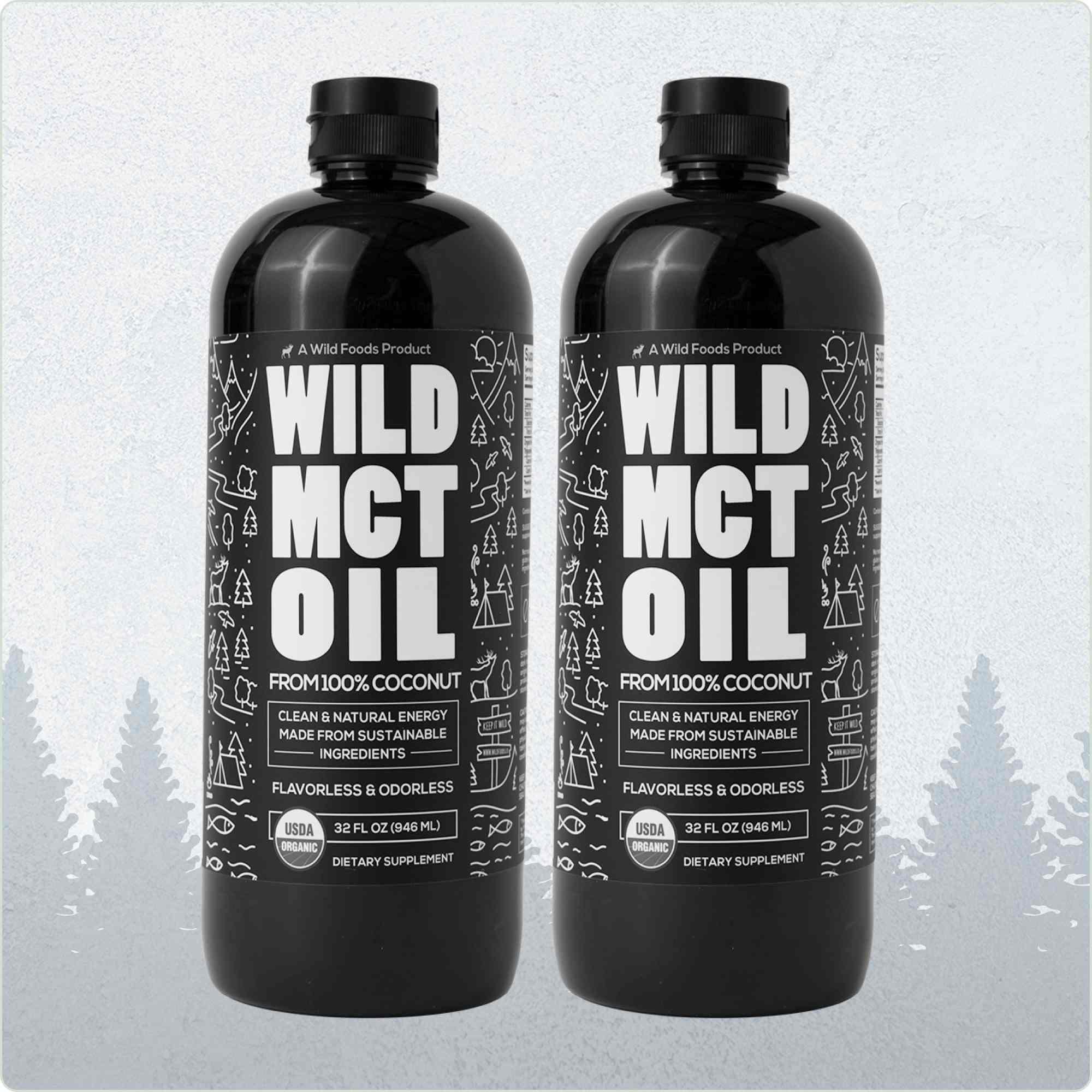
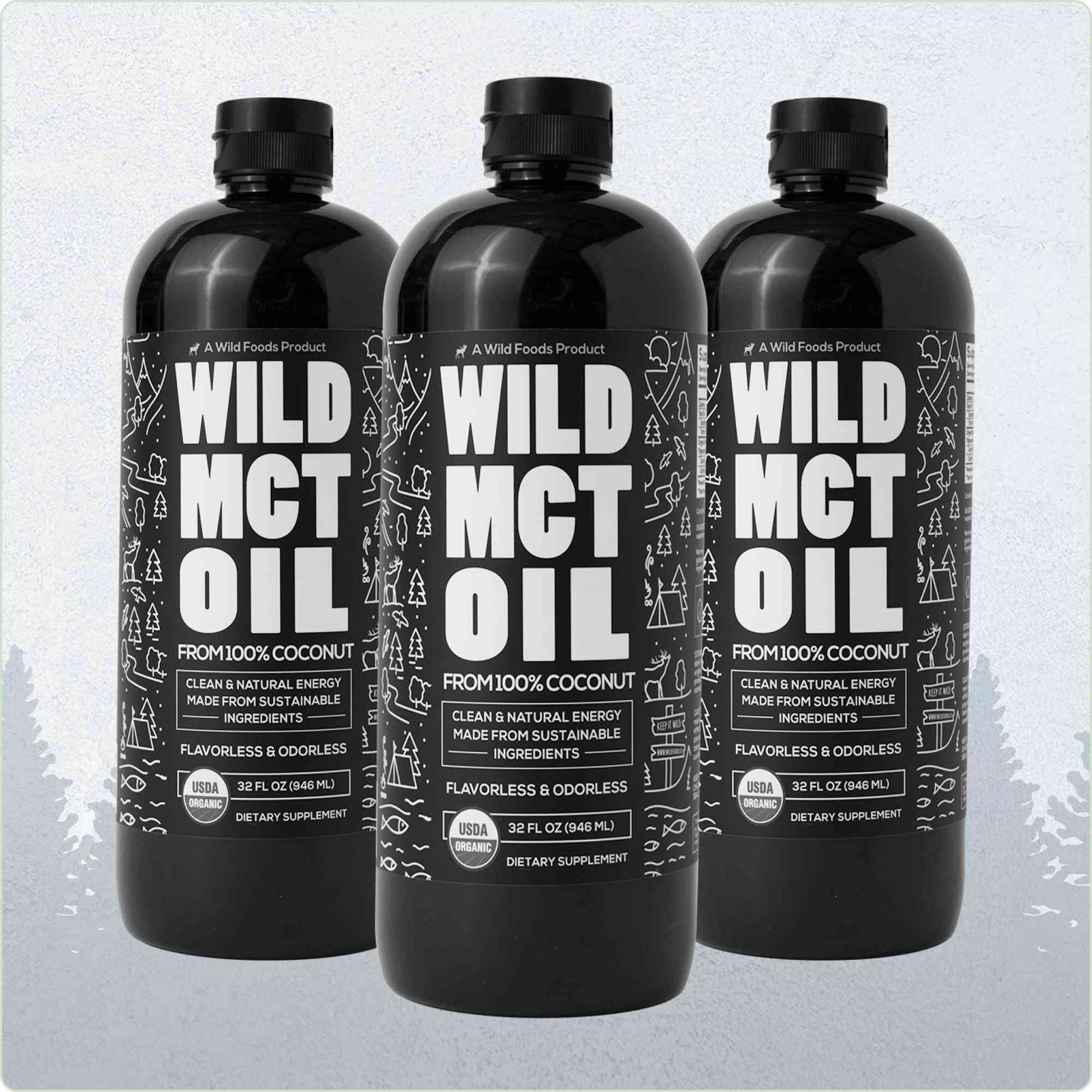
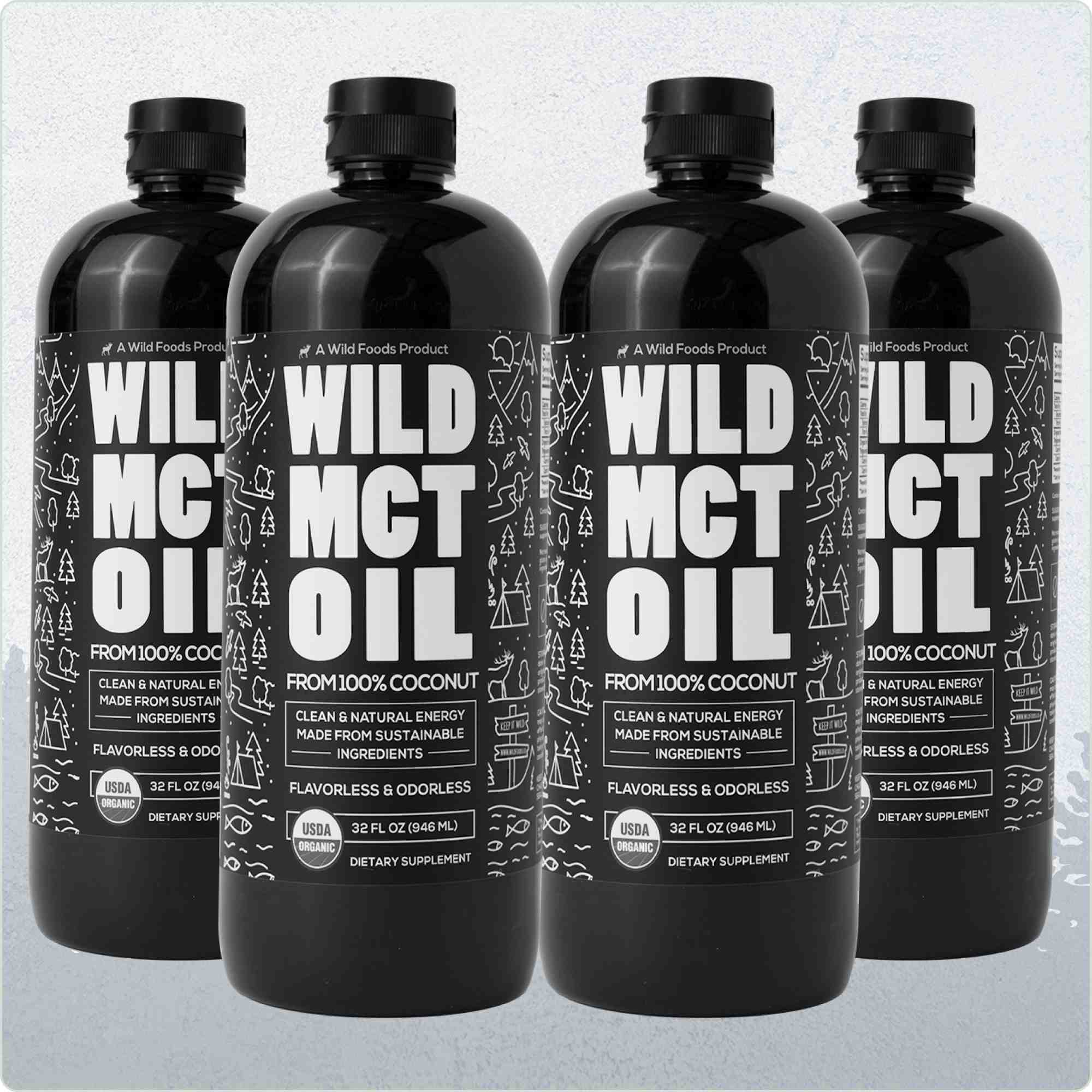
INGREDIENTS

FAQS




Size:
16oz / 1x - 16oz
16oz / 2x - 16oz (Save $3!)
16oz / 3x - 16oz (Save $9!)
16oz / 4x - 16oz (Save $15!)
32oz / 1x - 32oz
32oz / 2x - 32oz (Save $5!)
32oz / 3x - 32oz (Save $15!)
32oz / 4x - 32oz (Save $30!)
Quantity:
Frequency:
Autoship
SAVE 10%
One-time purchase







Product details
How to use
Shipping & returns
FREE SHIPPING ON U.S. ORDERS OVER $69! (Includes Alaska, Hawaii and Puerto Rico)
U.S. Shipping Details:
- Delivery: Typically 1-4 business days within the U.S.
- Methods: USPS Priority and USPS First-Class
- Processing: Orders before 1:00PM CDT processed same day; after 1:00PM CDT processed next day
- Business hours: Monday-Friday, 9:00AM-5:00PM (excluding holidays)
Expected Delivery Times After Processing:
- USPS Priority: 1-3 business days
- USPS First-Class: 1-3 business days
- UPS Ground: 4-7 business days
Tracking: Confirmation email with tracking number sent after shipping; tracking available the following day.
Note: Carrier delays may occur. Contact us with any order inquiries or problems.
wild
Ingredients are all-natural, synergistic, and sourced from small-batches in their native environments
Provides a clean, fast-burning source of fuel derived from organic coconut oil—ideal for daily energy without the crash.
A fast-converting MCT that provides quick cellular fuel and clean, efficient energy.
A slower-burning MCT that supports sustained energy and balanced metabolic function.





Ross





Carly
"As someone obsessed with wellness, I've tried a decent amount of products. Wild Foods stands out in pretty much every category."





Josh
"I love pure and clean supps. That's why Wild is my go to."





Melissa
"I first tried CocoTropic around the beginning of 2020. I loved it and have been using it every morning ever since. ❤️"





Brit
"Wild Foods is in the food I cook, the beverages I mix, the supplements I take...it's just the best."





Maggie
"Wild Foods is one of those things you just get hooked on and it becomes hard to buy anything else."





Crosbi
I trust Wild for my health and my family's.





Ross





Carly
"As someone obsessed with wellness, I've tried a decent amount of products. Wild Foods stands out in pretty much every category."





Josh
"I love pure and clean supps. That's why Wild is my go to."





Melissa
"I first tried CocoTropic around the beginning of 2020. I loved it and have been using it every morning ever since. ❤️"





Brit
"Wild Foods is in the food I cook, the beverages I mix, the supplements I take...it's just the best."





Maggie
"Wild Foods is one of those things you just get hooked on and it becomes hard to buy anything else."





Crosbi
I trust Wild for my health and my family's.
There is a reason this is supremely popular...
Obsessive Sourcing
Irresistible taste
Natural, whole ingredients
Made in the USA
Whole-family approved
Highly bioavailabe
Wild Foods
Generic
Supplements

Third-party tested
1,000,000+ happy customers
Health pro approved




happy WILD Community
Frequently Asked Questions
Medium-chain Triglycerides
Never ever ever evaaaa!
Sure is!
You can add it to drinks, smoothies, shakes, recipes, and even cook with it over low to medium temperatures.
Yes. This is entirely derived from coconuts.
No. Just pure MCT oil.
Short-chain fatty acids have 6 or fewer carbon atoms. Middle-chain triglycerides have 6–12 carbon atoms. MCTs are metabolized differently in the liver than LCTs. MCTs are absorbed directly from the gut to the liver, where they can be utilized for energy or transformed into ketones. As the liver breaks down lots of fat, the brain uses ketones instead of glucose or sugar.
wild


Obsessive sourcing standards

Free of GMOs, gluten, & artificial additives

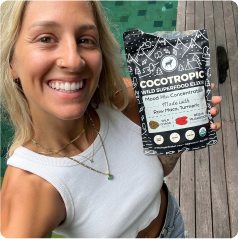





100% MONEY-BACK WILD HAPPINESS GUARANTEE